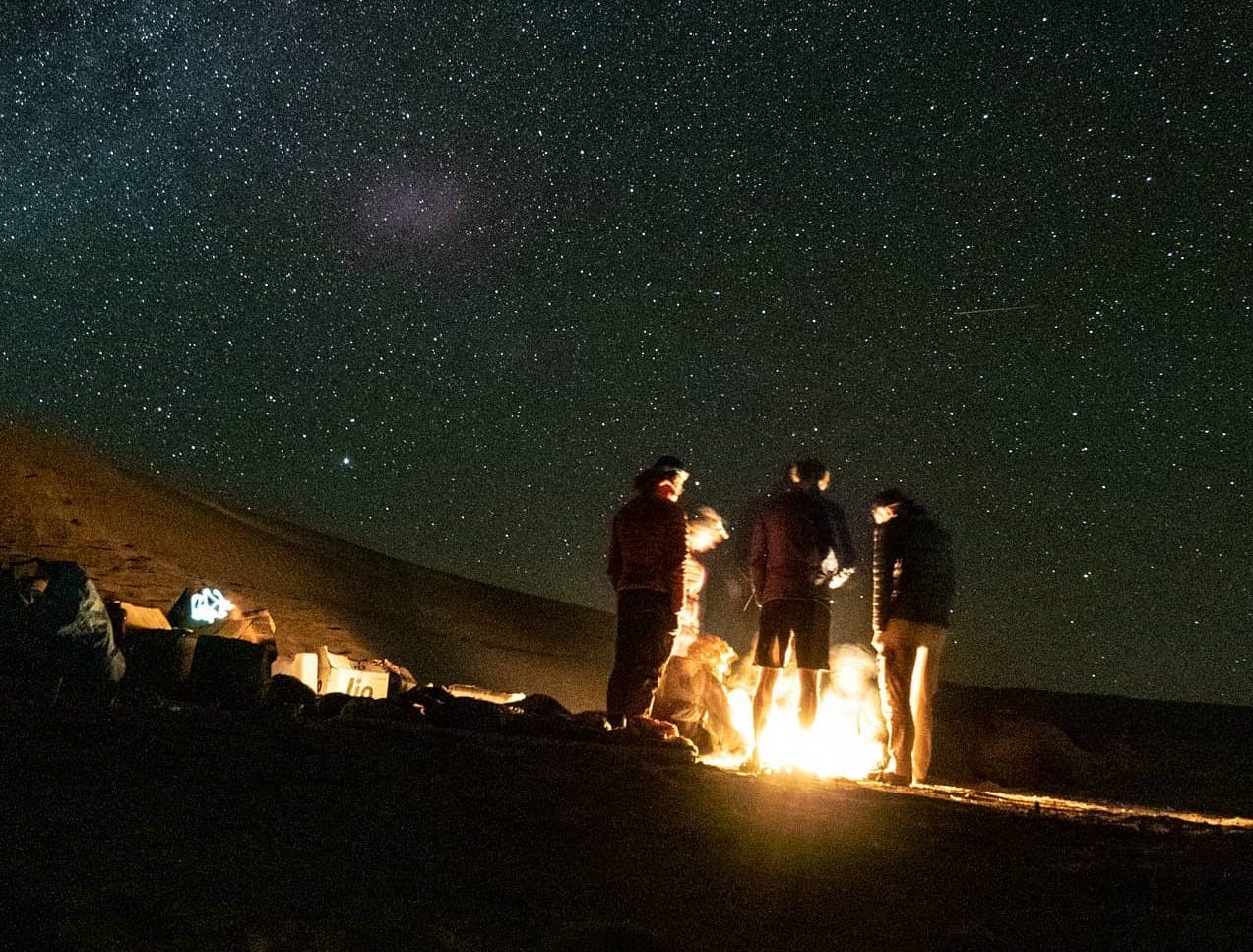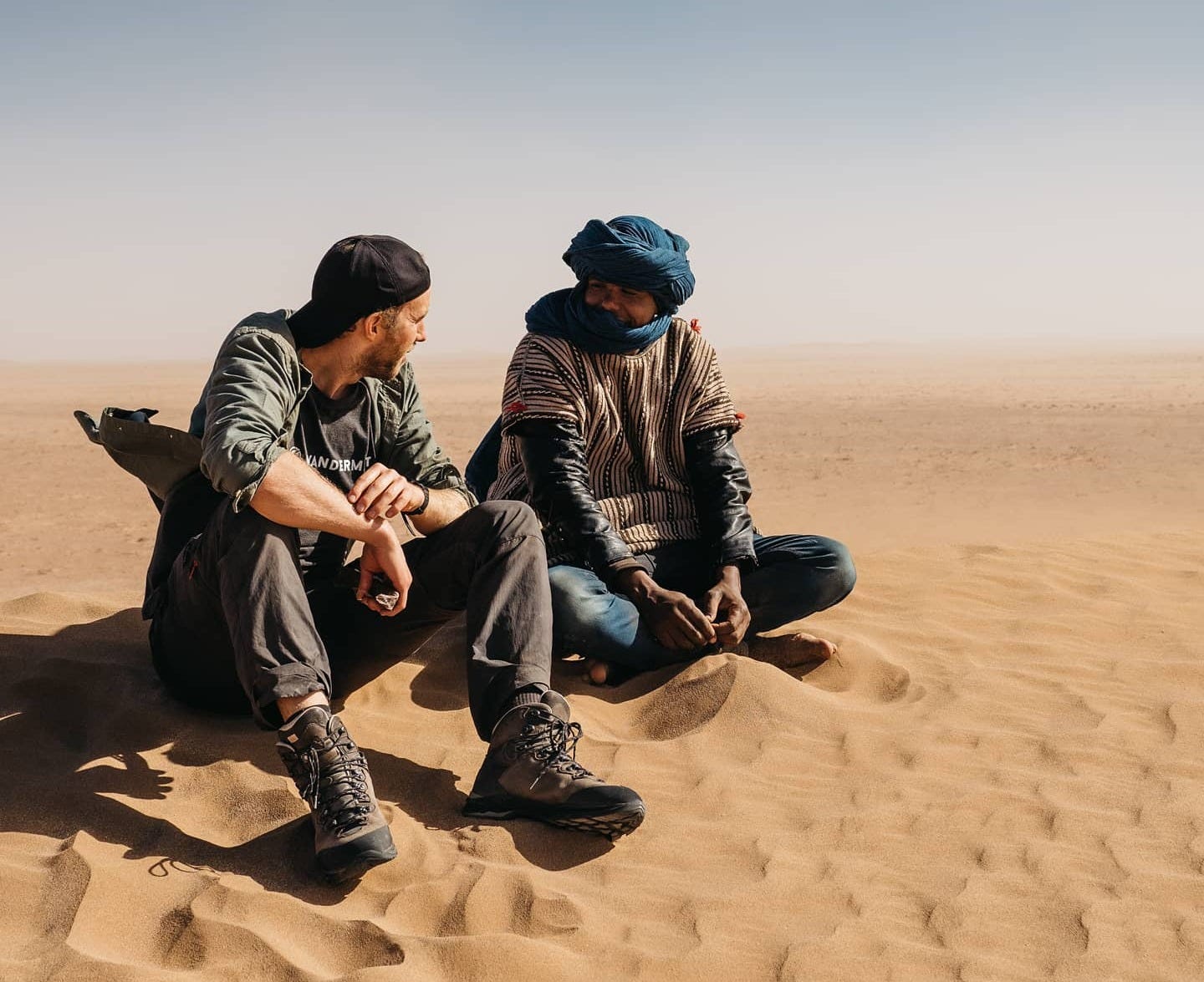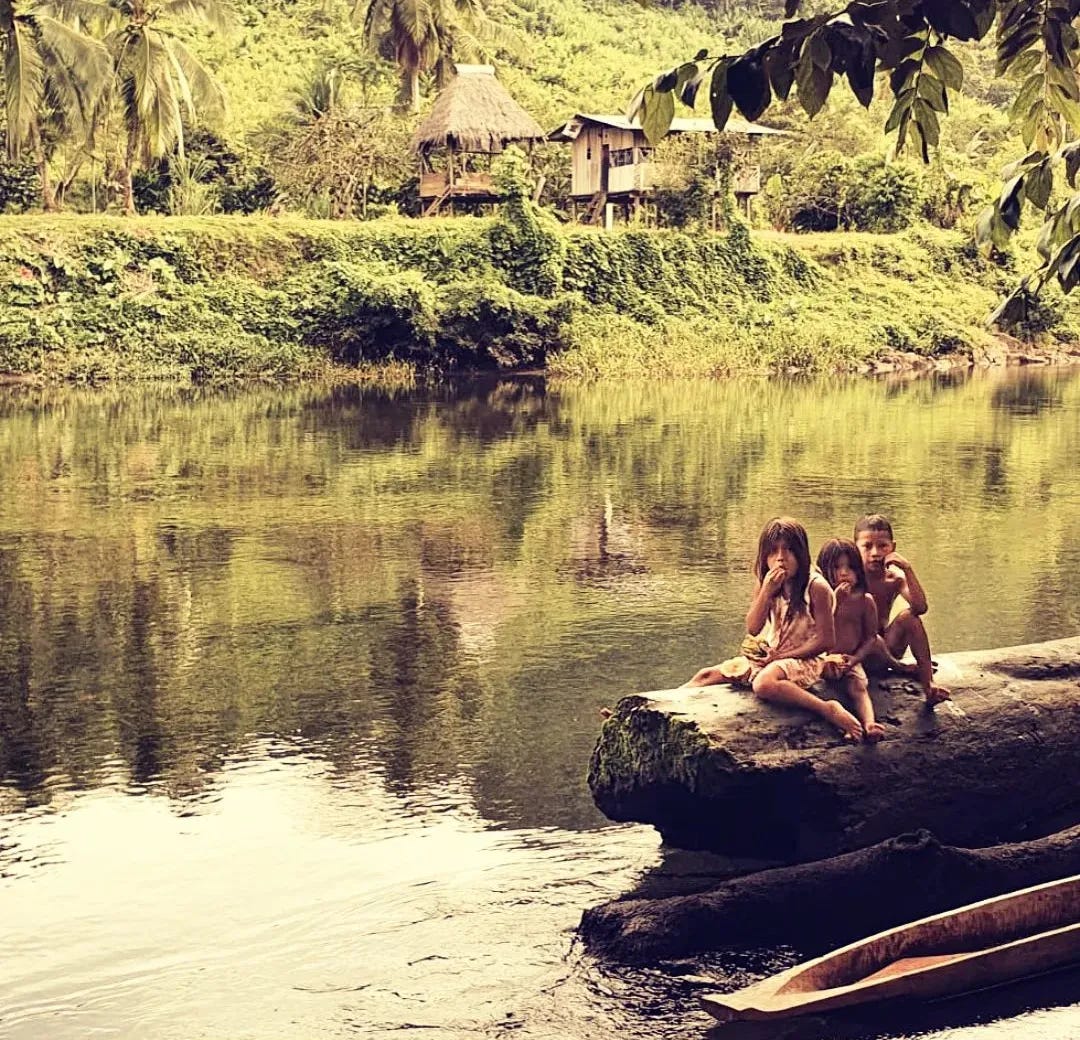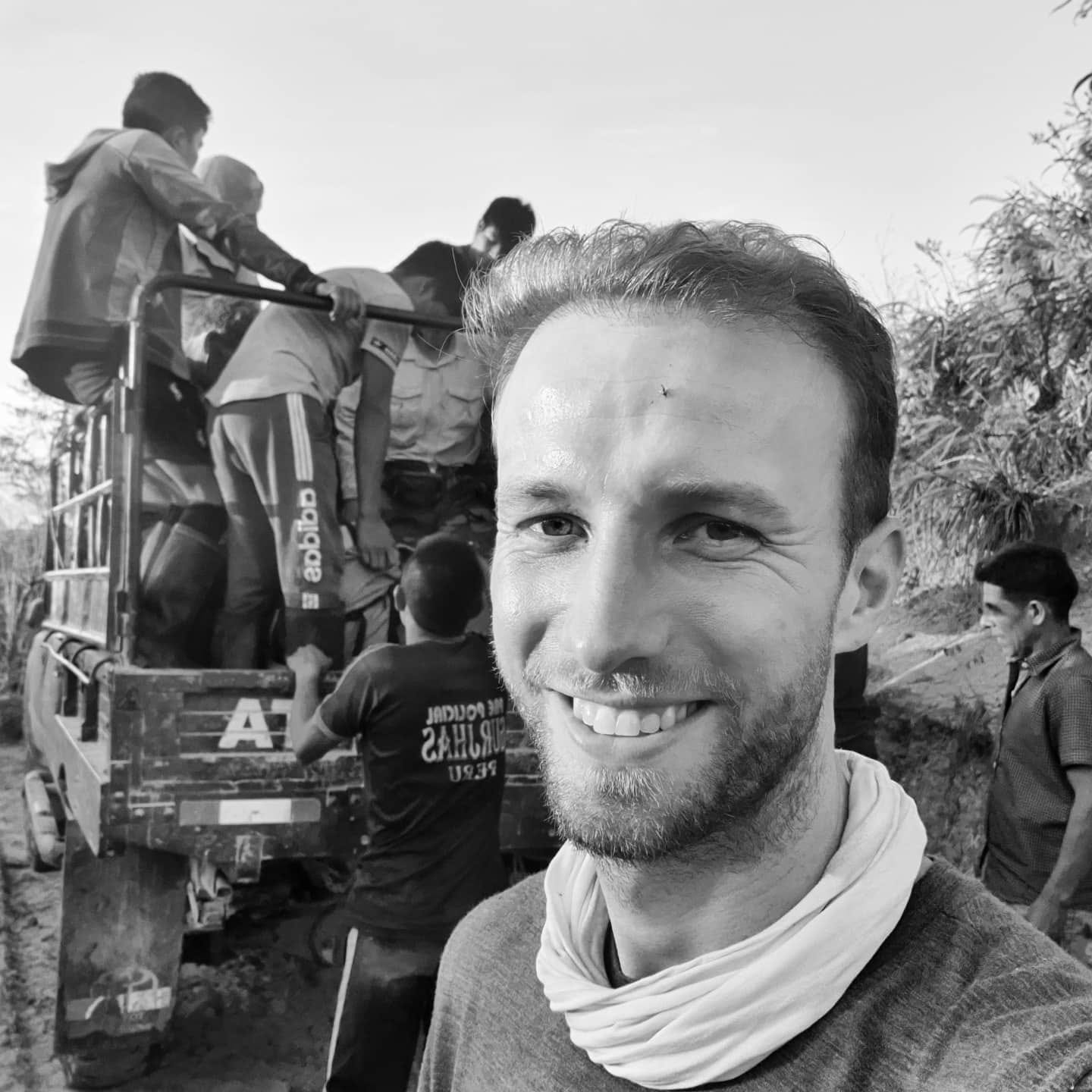FIELD NOTES | PATRICK HORSTMANN: The Other Kind of Risk
A conversation with expedition leader Patrick on why a safe, unhappy life is the greatest danger of all.
"I used to live in the future, but fortunately, I learned to trust my intuition"
Some travel out of necessity; others travel to seek adventure in places most only imagine. Sooner or later, you might find yourself restless in the mundane, longing for a new perspective. You can choose to switch worlds, trading your routine for vast deserts, jungles, and mountains that feel like a step back in time. As Patrick says, the reward for this choice is profound: "When you spend weeks talking to indigenous people, you acquire a worldview unknown to the West."
Most people stick to daydreaming, glancing through the window at a life that seems mad while accepting a fate that doesn't spark. In doing so, they leave their moments of awe covered in dust. This is a trap Patrick knows well. "I used to live in the future," he stressed, "but fortunately, I learned to trust my intuition."
Our judgment of risk is often flawed. Patrick understood this, and chose to wake up an explorer. He redefined the very meaning of risk. "I have never regretted leaving safety behind," he said. "It's a far greater threat to spend years doing something that just makes you feel 'ok,' or even unhappy."
There's a belief that things just fall into place when you do what you love. Patrick suggests it’s not magic, but something more powerful. "When confronted with uncertainty, choose the wild," he added. "It often boils down to resilience." That choice might feel scary at first, but once you commit, you discover your own resilience is far greater than you ever imagined.
HunchMaker Interviews Patrick Horstmann.
When did you decide to become an expedition leader?
Up until 3 years ago I was part of the business world. In that moment I needed a change and noticed an ad by Wandermut—a call for adventurers to lead travellers through Panama’s most notorious jungle: the Darien Gap. It felt like the perfect thing to do.
Did you feel prepared at the moment?
I imaged anyone leading these expeditions was some kind of Rambo or Reinhold Messner. However, my training mostly centered around risk assessment, managing group dynamics. Stuff I had randomly picked up, like being a captain of a football team, or my travel experiences—bumping into problems with the military in Venezuela. In the end, it gave me a head start in the field.
How do you manage group dynamics when the journey is hard?
Set clear expectations from the start, because frustration easily strikes when people are tired or hungry. We'd sit around the fire to clear the haze, and discuss everything that's on our mind. After a while, you observe and digest thoughts as meditation.

Do these expeditions work transformative?
Nature reminds you how small and unimportant you are. I have seen many conquer the extreme and return a different person. Being off grid so long gives you time to reflect—the uncertainty of it all makes it such a thrill.
Do you ever think about returning to "security?"
When I was telling my father I’d leave the business world to become a professional adventurer, he gave me a reassurance for life; "a German author who came from a circus family told his father he wanted to become a lawyer. The father replied; Well son, I wished you'd go for a safer career, something we've known for generations; spitting fire, walking ropes, throwing knives. I have no idea what you will do, but as long as you are happy, so am I."
Patrick's path is a lesson in radical transformation. He left behind the world of spreadsheets and supplements—first as a business analyst, then as a vitamin company founder—to guide travelers through the raw, untamed edges of the earth: the Sahara, the Amazon, the Darien Gap, and soon, the Mongolian Altai Mountains. "From childhood, I just loved adventure; as soon as I leave the jungle, it kicks me back in," Patrick says.
When I first met him in the back of a hostel, I instantly connected. The type of person that radiates energy, and allows his journey to remain dynamic. While settling down can promote productivity, it may well counter at some point.
Patrick and I never lost contact, carrying a mutual desire for the unknown. I find it fascinating how some keep exploring the blank spots in their life. For many, it seems to be working out better than expected. Patrick ends our talk, urging everyone to go outside and see the world from different angles—for it can teach you a lifetime.
Patrick’s story teaches us to question the very definition of safety. We are conditioned to fear the jungle, the desert, the unknown journey. He argues that the real danger lies in the quiet, comfortable life that slowly dims our inner fire.
My question for you is this: What is the "safe" path in your own life that might actually be the most dangerous one?
Trust the hunch. Find the story.
Antoine






